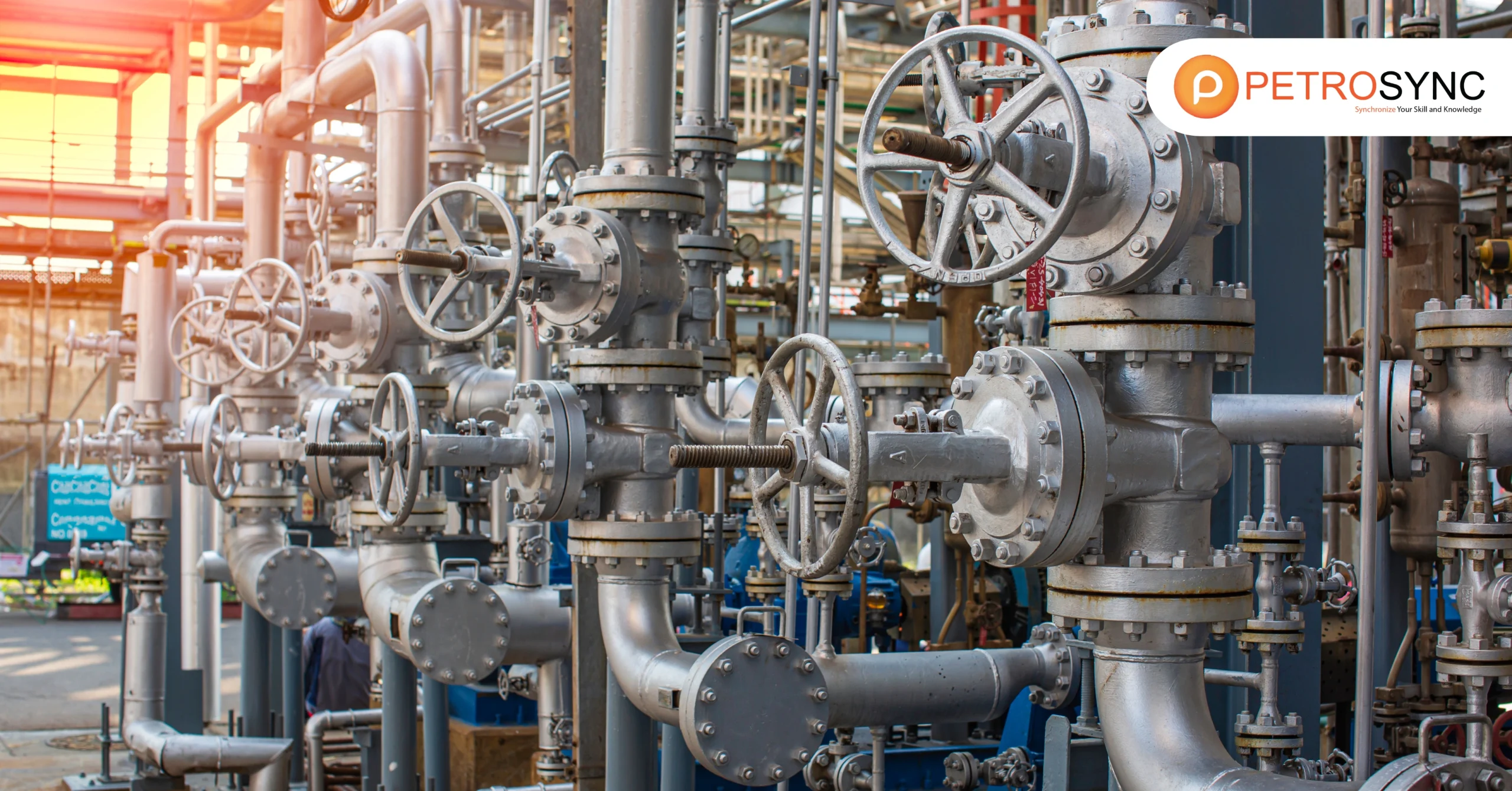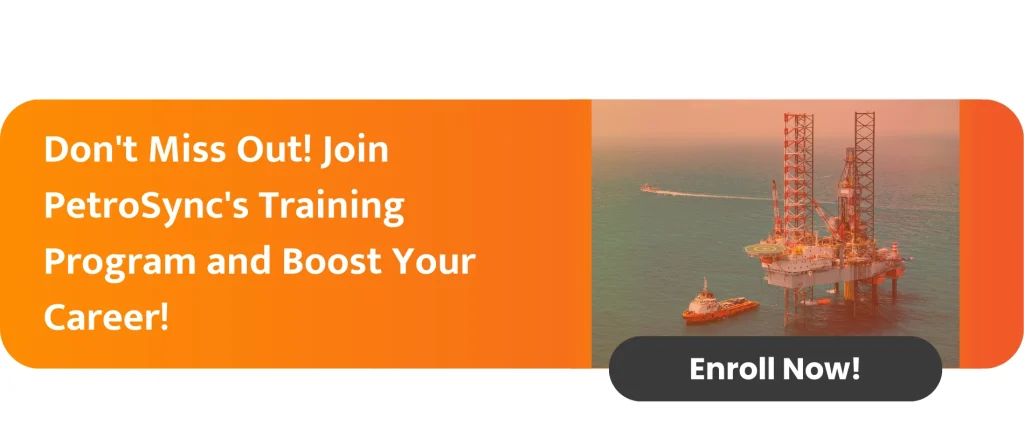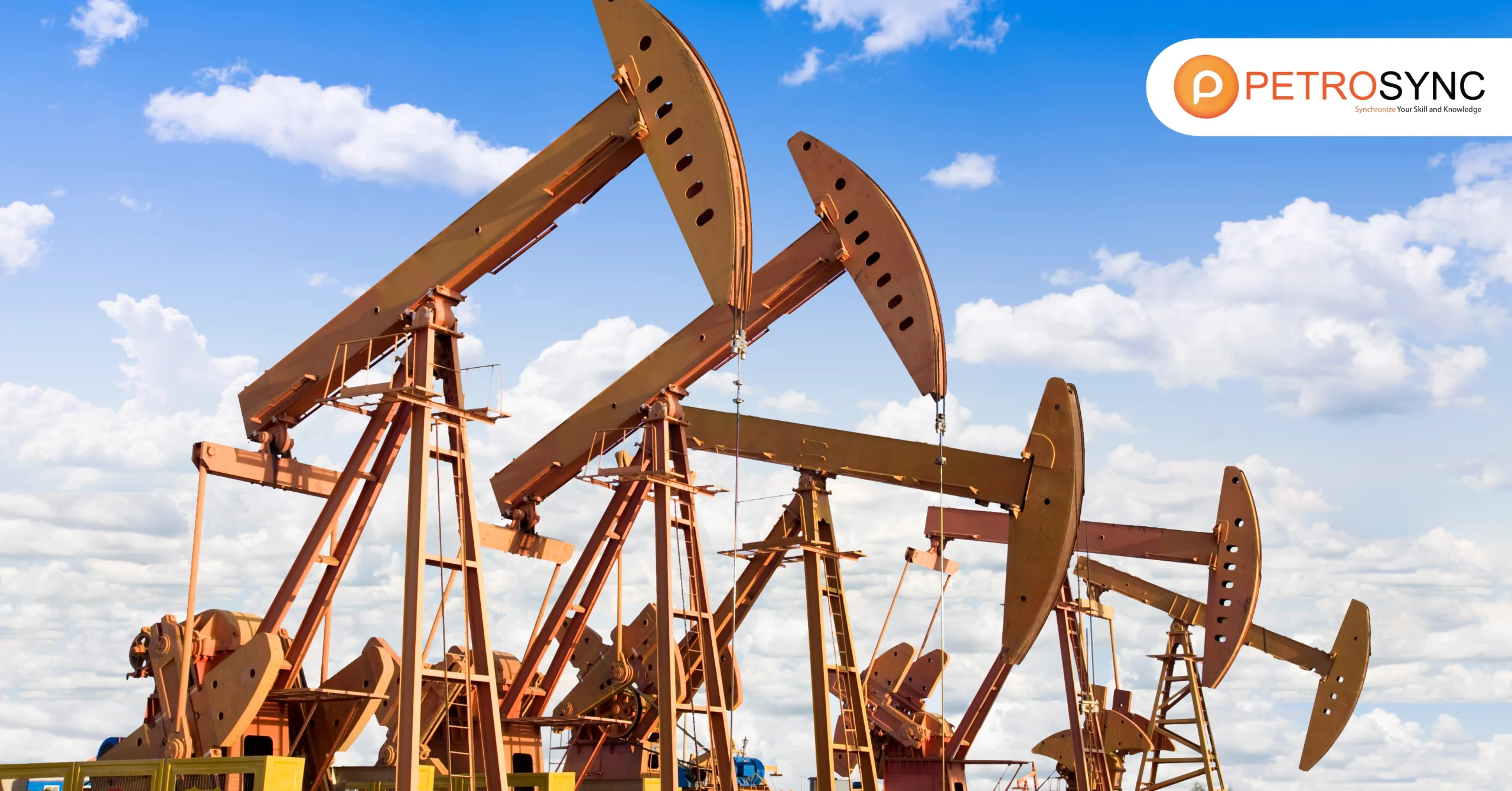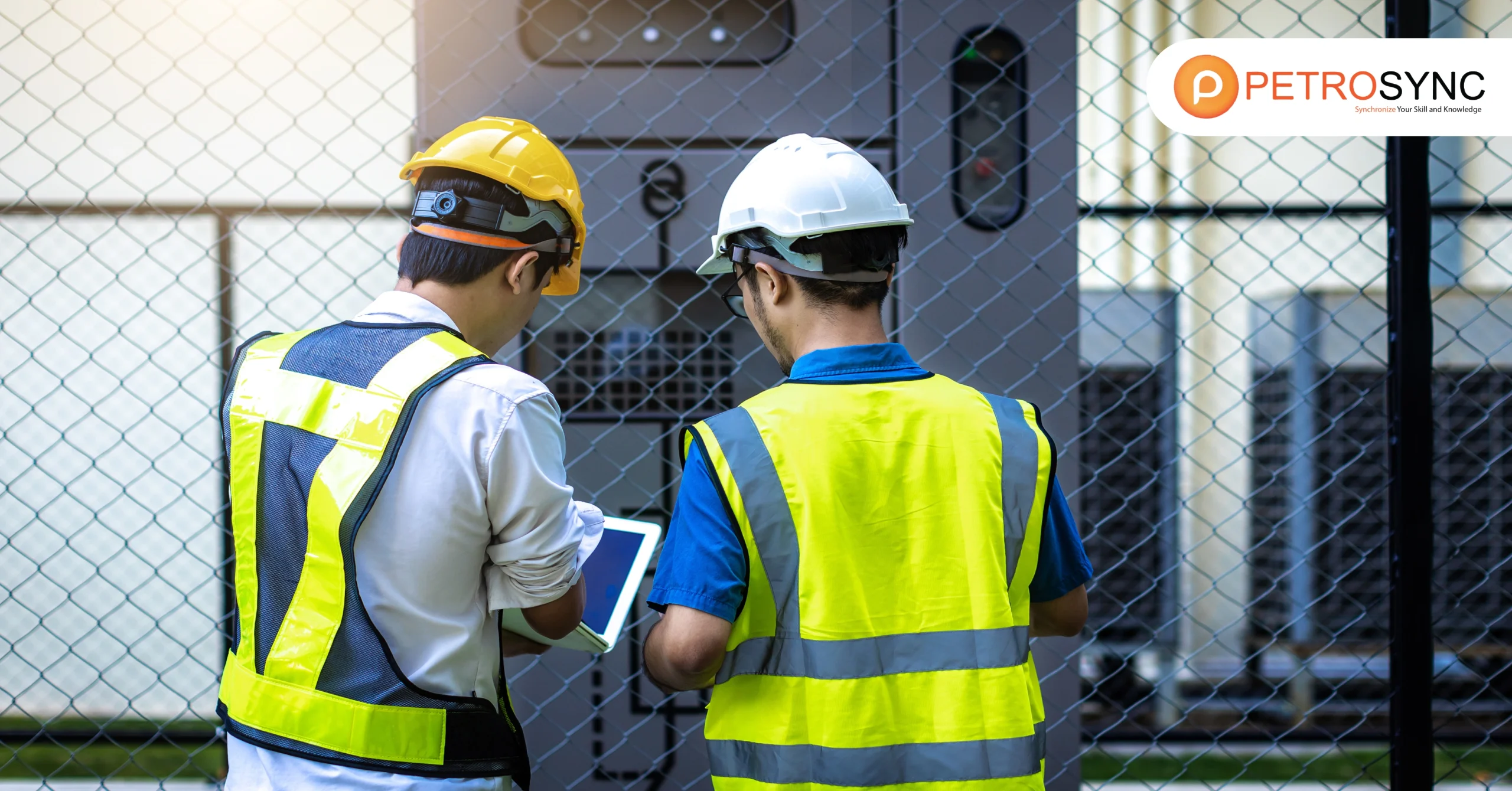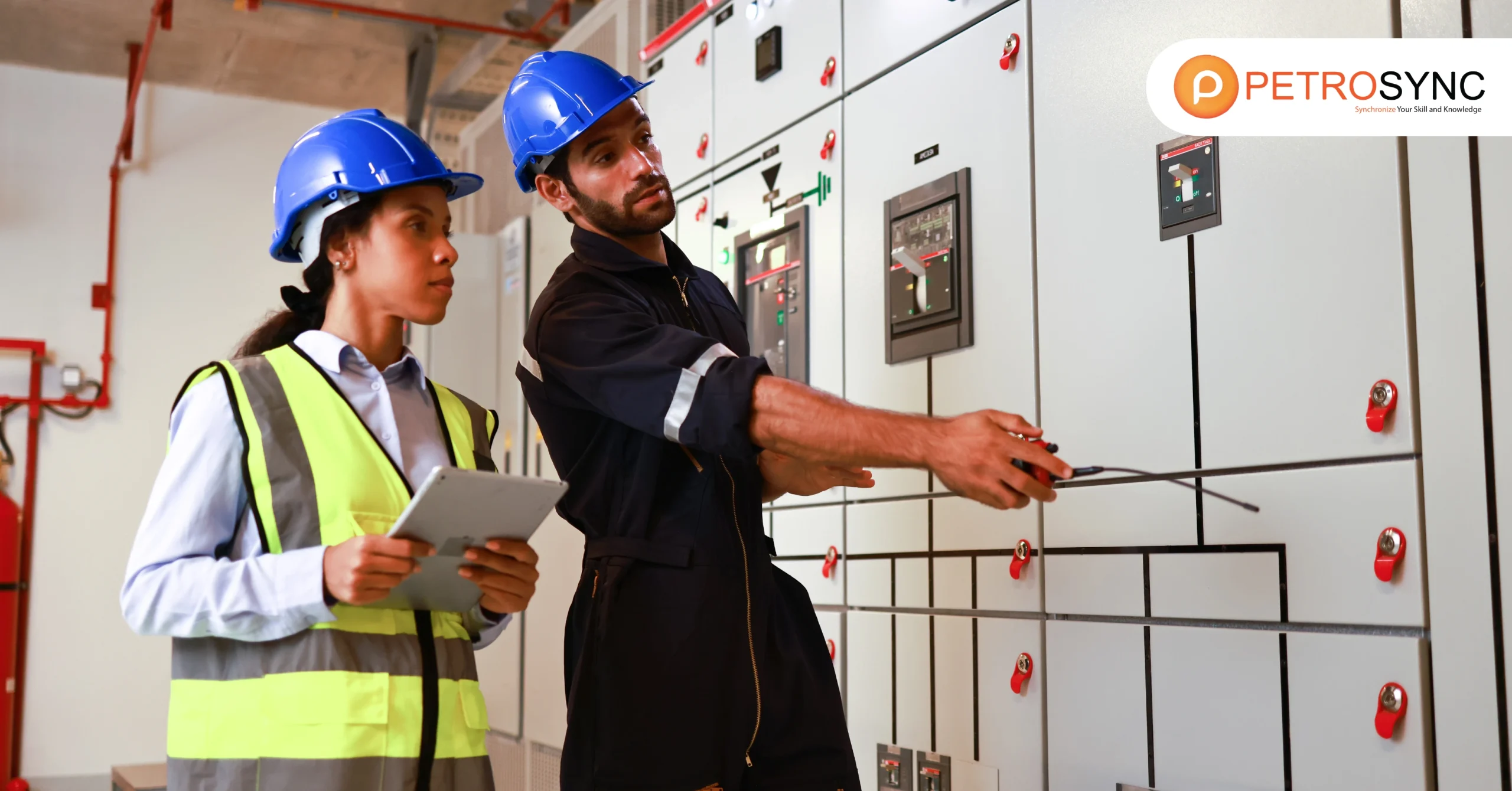The oil and gas business is one of the most heavily regulated sectors in the world, owing to its inherent dangers and the necessity to maintain operational safety. Regular inspection and maintenance of pressure vessel is an important part of ensuring safety requirements. These vessels are at the heart of many industrial processes.
Any malfunction or failure can result in severe losses or even catastrophic accidents. This is where the API 510 Pressure Vessel Inspector certificate comes in handy. The American Petroleum Institute (API) created this certification, which is a globally recognized standard that verifies the skill of those involved in pressure vessel inspection.
So, how much does it cost to earn this certification, and is it a worthy investment? In this post, we will look at the API 510 program’s essential features, including its benefits and cost information.
What Is API 510?
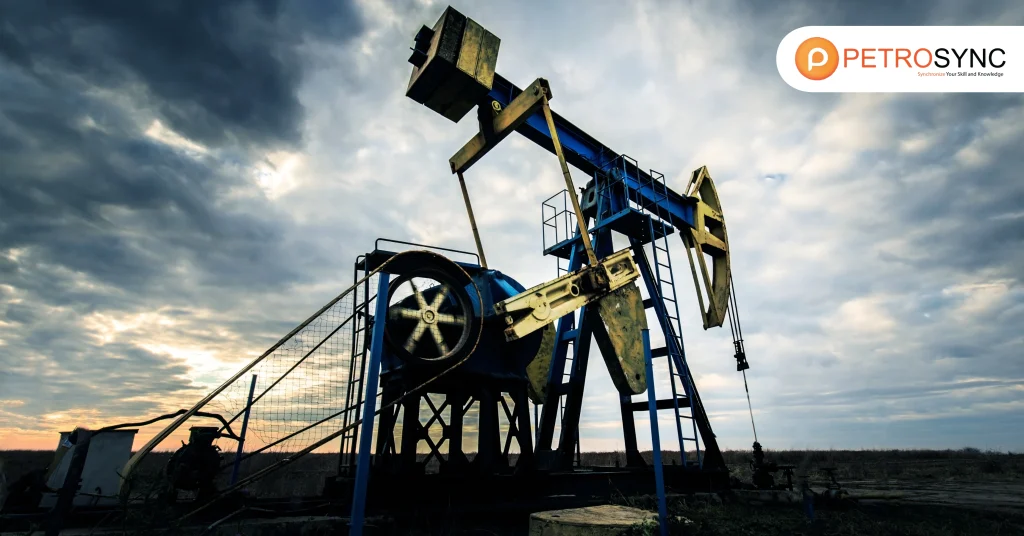
API 510 certification is a credential awarded by the American Petroleum Institute (API) to professionals in charge of inspecting and maintaining the safety of pressure vessels, which are extensively used in industries such as oil and gas, petrochemicals, and energy.
The certification confirms that the inspector has the necessary knowledge and skills to perform thorough inspections of pressure vessels, detect potential faults, and prescribe suitable corrective actions. API 510, or Pressure Vessel Inspection Code: In-Service Inspection, Rating, Repair, and Alteration, is an inspection code created and published by the American Petroleum Institute.
The API 510 certification was created to enhance standardization and consistency in pressure vessel inspections across the industry. By getting this certification, inspectors demonstrate their ability to grasp the mechanical and structural integrity of these vessels, as well as the associated codes and standards.
What Is The API 510 For?
API 510 certification is crucial for ensuring the safety, dependability, and efficiency of pressure vessels in industrial environments. These vessels, which are essential in the oil, gas, and petrochemical industries, store and convey gases or liquids at high pressure. Their proper operation is important for avoiding potentially catastrophic incidents such as leaks or explosions.
API 510 certified inspectors must have a full understanding of vessel maintenance, inspection, repair, and alteration in order to meet the highest safety standards for pressure vessels. The API 510 test thoroughly evaluates inspectors’ broad knowledge base, ensuring that they are properly prepared to carry out their duties.
An API 510 certified inspector is responsible for the following key tasks:
- Conducting rigorous inspections of pressure vessels to identify potential hazards.
- Detecting and resolving mechanical or structural problems before they worsen.
- Recommending necessary repair and maintenance measures.
- Ensure that all pressure vessels meet industry requirements, such as API 510, ASME Section VIII, and other applicable legislation.
Companies that hire an API 510 certified inspector can increase the life of their pressure vessels, ensure compliance with safety rules, and reduce the risk of unexpected malfunctions or costly downtime. This not only improves activity safety but also boosts overall efficiency.
What Does API 510 Cover?
The API 510 code is extensive, covering several aspects of pressure vessel inspection, maintenance, and repair. The meaning of API 510 is a certification focused on the maintenance, inspection, and repair of pressure vessels during operation.
It helps inspectors ensure safety and structural integrity in industries like oil, gas, and chemicals. API 510 enables enterprises to systematically meet durability and safety standards.
Some of the key areas included in API 510 are:
1. API 510 certified inspectors must have a thorough understanding of pressure vessel design and construction in order to appropriately analyze possible risks or flaws.
2. Inspection Intervals and Procedures – API 510 gives specific rules for establishing the frequency and scope of inspections. This provides rules for selecting whether to inspect pressure vessels based on service conditions, age, and previous inspection results.
3. Pressure Vessel Repairs and Alterations – The code establishes best practices for establishing the integrity of vessels that require repairs or modifications while ensuring that the changes do not risk safety.
4. Corrosion and Material Degradation: Corrosion is a major concern in pressure containers. API 510 outlines how inspectors should evaluate the severity of corrosion and other forms of degradation, as well as the necessary repair procedures.
5. Documenting and Reporting – Proper documentation of inspection results is crucial for API 510 compliance. This ensures traceability and the continual monitoring of a vessel’s condition over time.
API 510 certification guarantees that inspectors are knowledgeable about all areas of pressure vessel integrity, which reduces accidents and increases operational efficiency.
What Is API 510 Price?
The API 510 certification cost varies depending on various criteria, including location, training provider, and API membership status. However, as of 2024, the typical cost structure includes the following:
API Membership Discounts
If you are a member of the American Petroleum Institute, you can expect to pay a lower price for the exam and training materials. Membership can significantly reduce the overall cost of certification.
Non-Member Pricing
Non-members often pay a higher price. The exam typically costs between $750 and $1,000, excluding training fees.
Training Costs
In addition to the exam fee, candidates are usually expected to attend training to prepare for certification. Training expenses might range from $1,500 to $3,000, depending on the provider and the scope of the course.
Renewal Fees
The API 510 certification is valid for three years and must be renewed. Renewal prices are often lower than the first certification charge, ranging from $300 to $500.
It is critical to note that, while the initial API 510 certification fees may appear costly, the long-term benefits of obtaining this accreditation much outweigh the costs. Professionals with certification typically have higher earning potential, better career options, and greater job security in their field.
What Are The Benefits Of API 510?
Obtaining the API 510 certification offers a wide range of significant benefits:
1. Increased employment opportunities API 510 certification is highly valued in the competitive oil and gas industry. Employers value applicants who have demonstrated experience with safety and regulatory criteria in their operations, so certified workers stand out.
2. Certified API 510 inspectors often make more than their non-certified counterparts. Because pressure vessel inspection necessitates a high degree of technical expertise, these professionals play an important role in lowering hazards and increasing operating efficiency.
3. API certifications are widely recognized and acknowledged around the world, allowing competent individuals to pursue employment prospects in a wide range of foreign markets. This global reputation leads to countless job opportunities, both locally and globally.
4. Greater employment security – API 510 accreditation indicates a commitment to maintaining high safety and quality standards. Certified inspectors are important assets to their companies, which can lead to increased employment stability in a competitive industry such as oil and gas.
5. Continuous Professional Development – The API 510 certification promotes continual learning and skill enhancement. Certified experts must keep up to speed on the newest industry standards and inspection technology in order to remain at the top of their profession.
Beyond these professional benefits, API 510 certification improves operational safety, regulatory compliance, and equipment performance. It not only increases the life of important equipment, but also ensures that companies adhere to the highest levels of safety and reliability.
Businesses with API 510 certified workers can be confident that their pressure vessels are being kept in optimum condition, improving operational excellence and decreasing risks.
Unlock Your Career with PetroSync: Affordable API 510 Certification Price
For professionals seeking to enhance their career in the oil, gas, and petrochemical industries, obtaining the API 510 certification is an invaluable step. While the initial investment may seem substantial, the long-term career benefits are well worth it. At PetroSync, we understand the importance of balancing quality training with affordability.
Our API 510 certification programs are designed to provide comprehensive training at competitive prices, ensuring that you receive the best possible education without breaking the bank. We offer flexible training options, expert instructors, and the support you need to pass your API 510 exam on the first try.

Results-oriented and thorough SEO specialist with extensive experience in conducting keyword research, developing and implementing digital website promotion strategies and plans, managing campaigns to develop company websites in the digital world, excellent knowledge of marketing techniques and principles, and attentive strong attention to detail.

